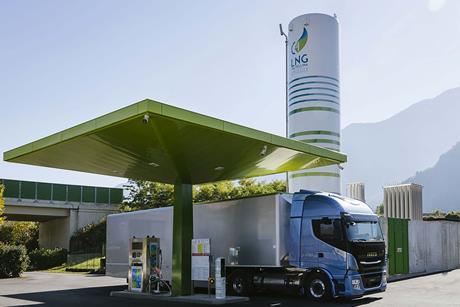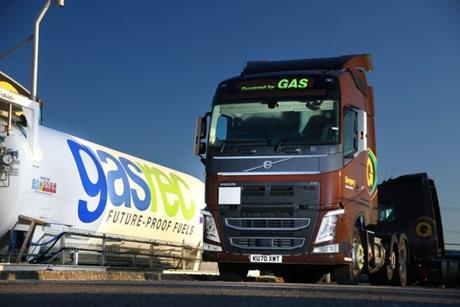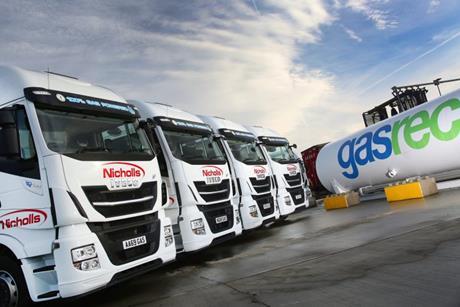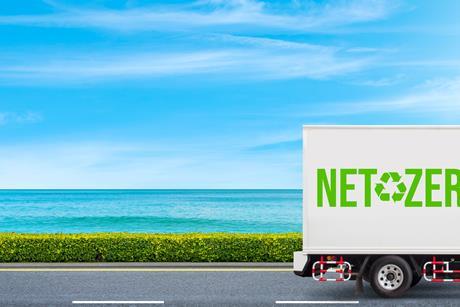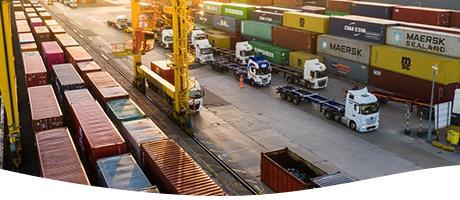Natural gas news
Gasum opens seventh liquefied biogas station for heavy transport in Norway
Gasum has opened its seventh liquefied biogas (LBG) filling station in Norway, located in Skui, west of Oslo. The facility, designed to serve logistics companies and long-haul traffic between Oslo and Norway’s west coast, is positioned along the E16 highway.
Gregory Group sets Net Zero Emissions Target for 2038
Gregory Group has announced its commitment to achieving net zero emissions by 2038. This ambitious target reflects the company’s long-standing dedication to sustainability and its recognition of the significant environmental impact of the transport sector.
CNG Fuels acquires majority stake in Renewable Transport Fuel Services
Brazilian transport company Reiter Log doubles its sustainable fleet with Scania’s gas trucks
CNG fuels sees massive demand growth despite Ukraine war and inflation
Nicholls Transport’s LNG-powered Iveco Stralis fleet delivers record GHG savings
Natural gas project & developments
Gregory Group sets Net Zero Emissions Target for 2038
Gregory Group has announced its commitment to achieving net zero emissions by 2038. This ambitious target reflects the company’s long-standing dedication to sustainability and its recognition of the significant environmental impact of the transport sector.
Nicholls Transport’s LNG-powered Iveco Stralis fleet delivers record GHG savings
Sittingbourne-based Nicholls Transport has cut its greenhouse gas emissions (GHG) by almost 200% in just three months by running an LNG-powered fleet featuring the 44-tonne Iveco Stralis.








